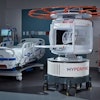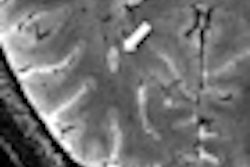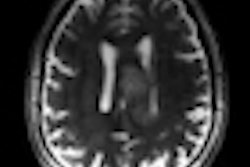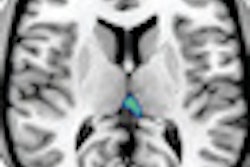Using functional MRI (fMRI), Italian researchers have found that cognitive rehabilitation can change brain function and improve cognitive performance in patients with relapsing-remitting multiple sclerosis (MS), according to a study published in the March issue of Radiology.
The findings suggest that fMRI could provide a useful way to monitor the effects of rehabilitation in multiple sclerosis patients, according to Dr. Massimo Filippi, professor of neurology at San Raffaele Vita-Salute University, and colleagues.
In the study, 20 participants with relapsing-remitting MS were randomized into two groups of 10 individuals. One group received a 12-week program of computer-assisted cognitive rehabilitation of attention and information processing and executive functions. The second group received no such cognitive rehabilitation.
The rehabilitation program included a day-planning task, which featured realistic simulations of a set of scheduled dates and duties to address the patient's ability to organize, plan, and develop strategies. There was also an attention task, which required patients to simulate driving a train, observing the control panel of the train and the countryside while encountering increasingly difficult distractions.
All 20 patients underwent neuropsychological assessment and fMRI exams at baseline and after 12 weeks.
The patients who received treatment improved their attention and information processing and executive functions compared to their results at baseline. The fMR images showed changes in activity in several brain regions in the rehabilitation group, when compared with the control group, and the changes were correlated with cognitive improvement. The analysis also found no structural changes in the gray or white matter of the brain in the treatment group.
The findings show that computer-assisted cognitive rehabilitation can improve cognitive functions, Filippi and colleagues concluded. "However, the structural integrity of the brain's gray matter and white matter showed no modifications in these patients, suggesting an impairment of structural plasticity," Filippi said.



.fFmgij6Hin.png?auto=compress%2Cformat&fit=crop&h=100&q=70&w=100)




.fFmgij6Hin.png?auto=compress%2Cformat&fit=crop&h=167&q=70&w=250)











